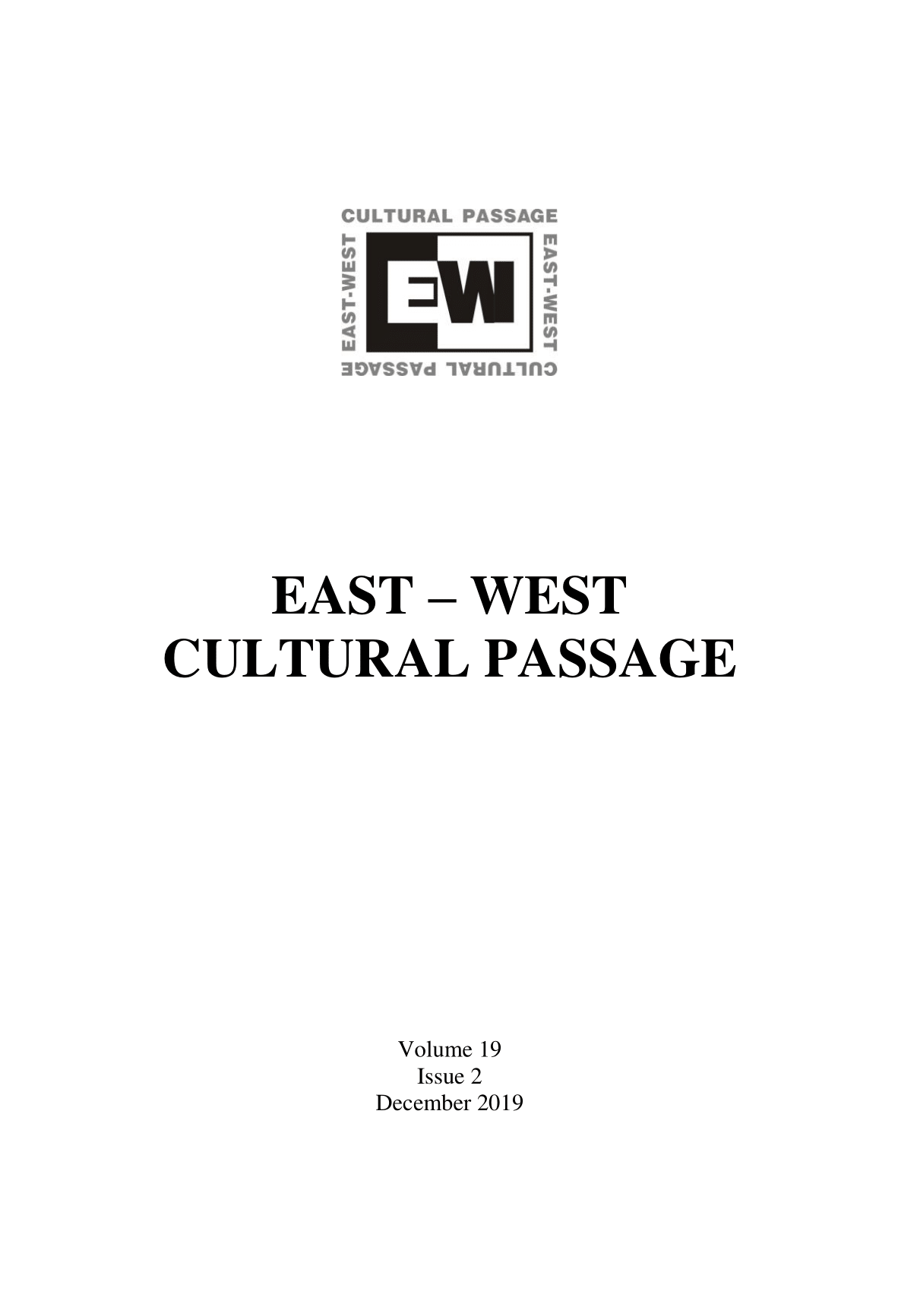“The Recovery of the People Is Tied to the Recovery of Food”: Food Sovereignty and Winona LaDuke’s Last Standing Woman
“The Recovery of the People Is Tied to the Recovery of Food”: Food Sovereignty and Winona LaDuke’s Last Standing Woman
Author(s): Cristina StanciuSubject(s): American Literature
Published by: Editura Universitatii LUCIAN BLAGA din Sibiu
Keywords: Indigenous Literature; food sovereignty; sustainability; dispossession; food insecurity; Winona LaDuke; Anishinaabe literature;
Summary/Abstract: This essay turns to LaDuke’s literature and activism to explore ways in which contemporary Native American writers center their work around issues of food sovereignty, environmental protection, and economic self-determination as essential platforms for community regeneration, renewal, and survival. I argue that Last Standing Woman (1997), Anishinaabe writer Winona LaDuke’s first novel, dramatizes many of these concerns at the heart of her activist and political work. Central to the novel Last Standing Woman is the significance of wild rice for the White Earth Anishinaabe (Ojibwe) people of Minnesota. In Last Standing Woman, wild rice is not only a traditional and sustainable crop but also one that can ensure the livelihood of the community. At the heart of a feminist and activist novel like Last Standing Woman – as well as Winona LaDuke’s activist work, more broadly – is a twofold challenge, which resonates across much Native American writing: on the one hand, the challenge to preserve (existing resources, cultural practices, etc.); on the other, to recover the losses Native communities have suffered historically through colonization and its many consequences, such as the enormous loss of land suffered by the White Earth community. The turn to literature provides Winona LaDuke with a powerful site of political engagement, where she foregrounds issues of gender, tribal politics, and the environment at the same time as she tells a powerful story about Anishinaabe continued resilience.
Journal: East-West Cultural Passage
- Issue Year: 19/2019
- Issue No: 2
- Page Range: 121-139
- Page Count: 19
- Language: English
- Content File-PDF

